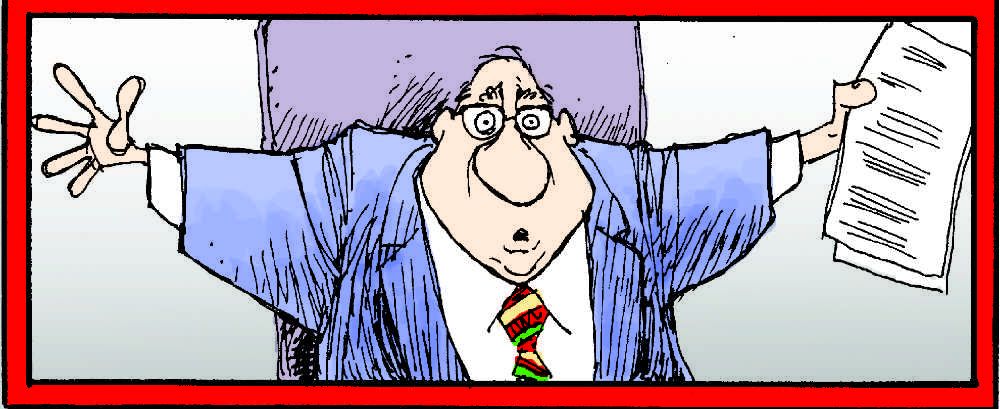Shrill

You don’t have to be a keen
observer of culture to notice that certain words and descriptions have
become code-words to criticize and marginalize women and dismiss their
ideas. To monitor how your own unconscious biases may be at play in your
communications, you’ll need to pay attention to the hidden messages
that words can carry.
Strident. Aggressive. Pushy. When these code-words are hurled at a
woman, they are coming from a historical norm that says women must be
seen and not heard, soft, docile. Quite often these words are used to
criticize a woman’s style and the speaker is trying not to look like
they’re making a direct criticism. But it’s just a smokescreen because
the impact is hurtful and marginalizing.
Shrill is in a category of its own.
Real example. I was speaking with a guy about a female candidate. He
said, “I would support her, but I don’t think she can win. Her voice is
just so shrill.” I pointed out how “shrill” is loaded. Are her policies
good? He said they were good, but he defended his position by doubling
down, “Just listen, she is shrill and it will turn everyone off and she
won’t win”. There was no room to talk about the hidden (not so hidden)
message and the hypocrisy of “I would support her, but….”. So, imagine
if a male candidate had a high voice, would my friend have used the word
shrill? I doubt it.
Which leads me to Wiley. This strip says it all. Done.
So, let’s look in the mirror. If you hear yourself use a word like shrill to describe a woman, take a moment to consider why you chose that word. Are you really talking about the person’s voice and style? Consider if using that word is a sign of a bias. Self-reflection is critical in the personal work to be respectful and inclusive.
While clearly similar code words are directed towards people of color
and members of other marginalized groups, in this post, I want to bring
attention to the words used against women.
Switching things up is a great technique to check your bias – switch
the gender of the subject and see if your description still works.
- I like our new sales manager but she’s so emotional when she speaks.
- I like our new sales manager, he’s so passionate when he speaks.
I came across a blog post that goes deeper into shrill – “In praise of strident women”.
In this article, debuk, writes about “code-words which have become
covertly gendered because of the way they’re most commonly used”. It’s a
brilliant post and I hope you’ll read it to go deeper.
From the post, “Though in principle they are applicable to anyone who speaks in a certain way, in practice they are used significantly more frequently to criticize the speech of women and girls. It doesn’t necessarily matter how the target of this criticism actually speaks, because what’s couched as a complaint about her speech style is really just a way of complaining about the woman or girl herself, while making the speaker’s antipathy to her appear to have some reasonable or ‘objective’ basis. (‘I’m fine with women holding office/ making speeches/ leading movements…it’s just that this particular woman’s voice/speaking style is so horrendously [insert code-word here].’)”


